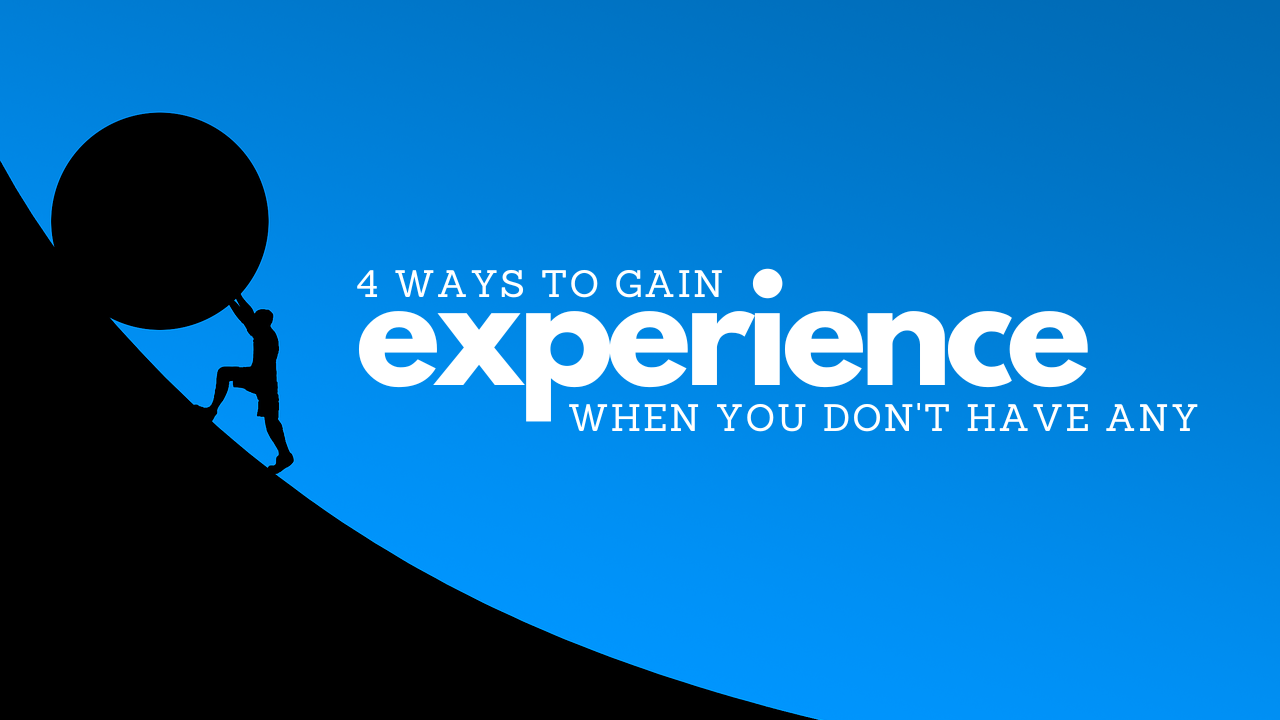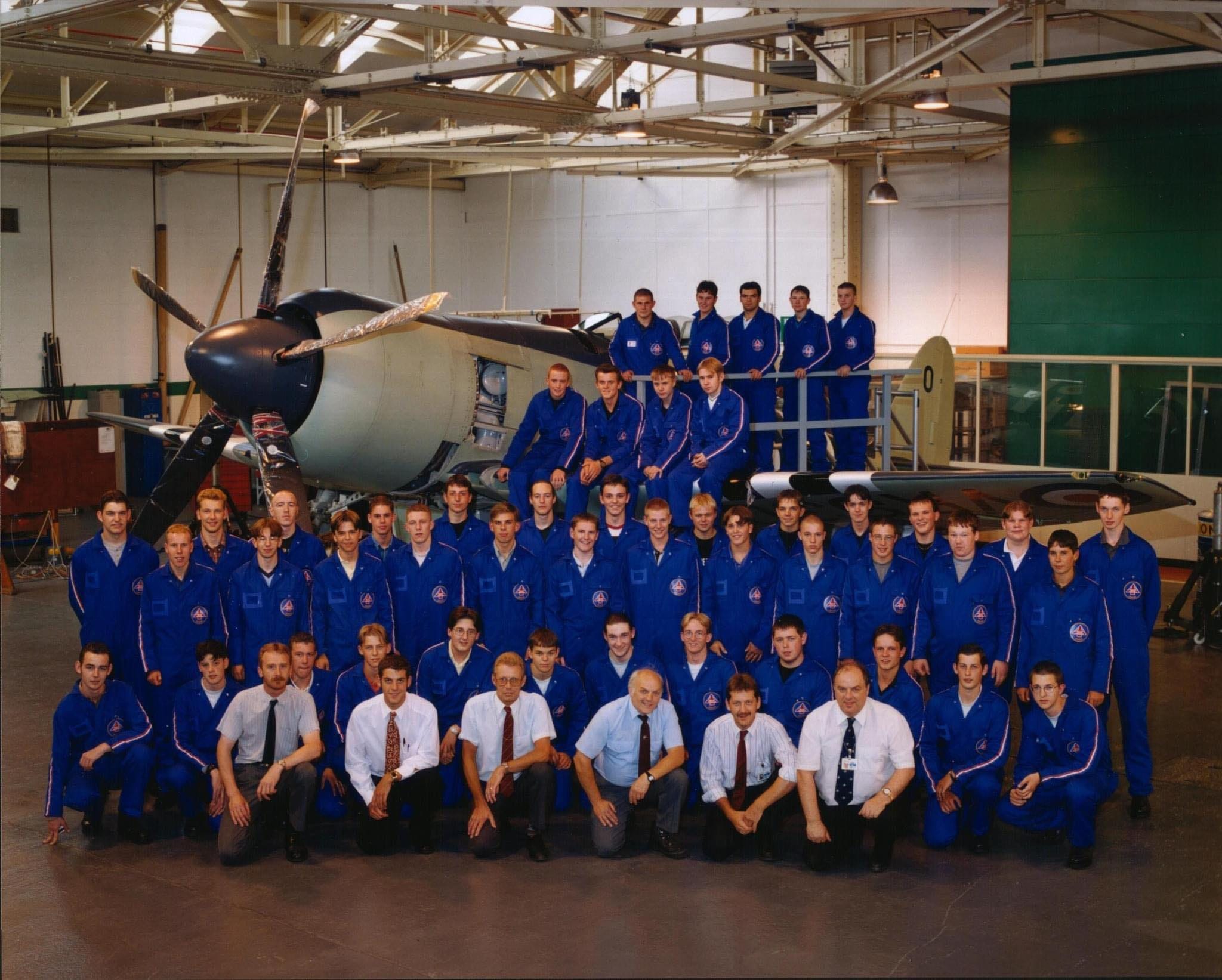There’s this meme out there which goes something like – “entry-level position, applicants must have 10 … 4 ways to gain experience (that work)Read more
Big Tech
The original ‘big tech’
Let’s set the scene, it’s 1997, I’m 18 years old and I’ve just started work in … The original ‘big tech’Read more
A simple way to improve your internal communication
A simple technique is the HPM. HPM stands for Highlights, People and Me. It’s a weekly … A simple way to improve your internal communicationRead more
My interview at LinkedIn
At the start of the year I interviewed at LinkedIn for the position of Engineering Manager … My interview at LinkedInRead more




